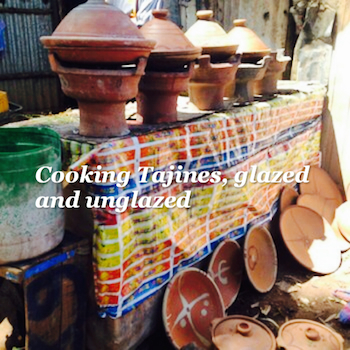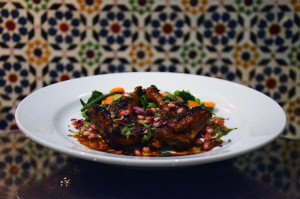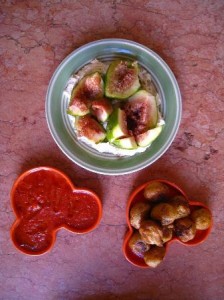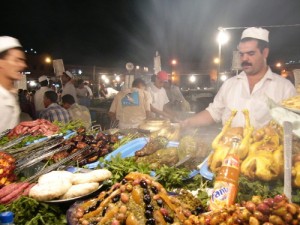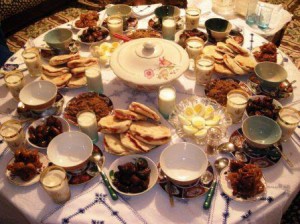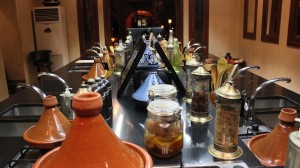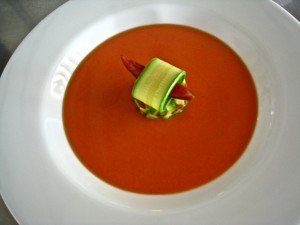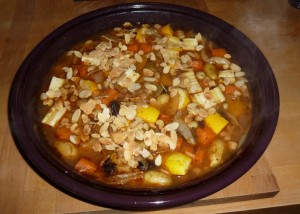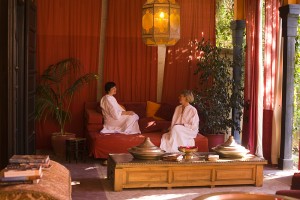How to Buy a Tajine to Take Home From Morocco
A souvenir at the top of your list when visiting Morocco is most likely an is an authentic Moroccan tajine. That is until you discover how many different options exist for purchase. It can quickly become overwhelming and frustrating….

